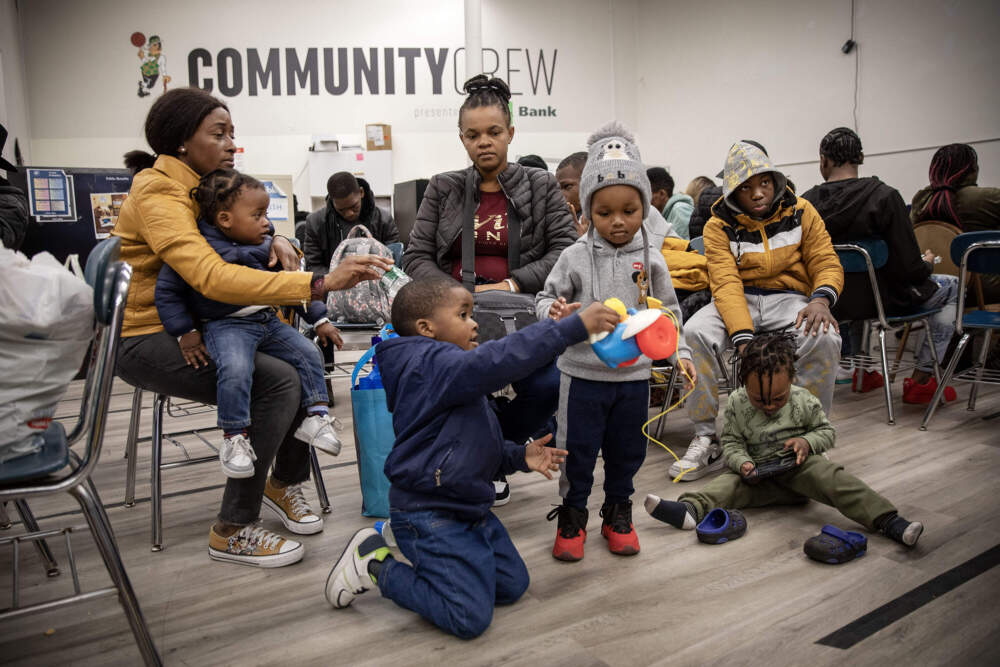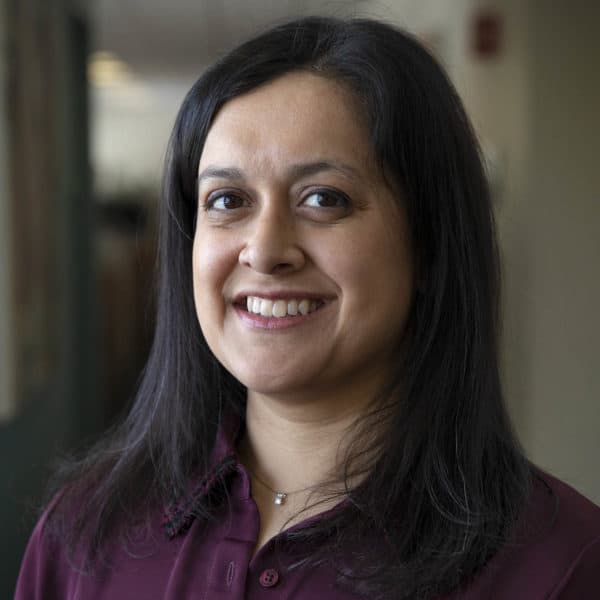Advertisement
Here are WBUR’s top local health stories of 2023
Editor's Note: This is an excerpt from WBUR's weekly health newsletter, CommonHealth. If you like what you read and want it in your inbox, sign up here.
2023 is nearly over, and for many of us, this is a time to reflect on all that’s happened in our lives and in the world over the past year.
There were plenty of big health stories: We witnessed the advent of revolutionary new obesity drugs, the burgeoning use of AI in medicine, the approval of the first treatment using CRISPR gene-editing technology, the complicated aftermath of the Supreme Court's Dobbs decision, the devastating humanitarian crisis still unfolding in Gaza and more.
Here are some of WBUR’s top local health stories of 2023. They drew lots of readers and listeners like you, and their implications are sure to last into the new year, and likely beyond.
PFAS are everywhere
Scientists are still learning a lot about PFAS, also known as “forever chemicals.” But we know they can be in everything from dental floss to food containers to drinking water. They can be absorbed into the body and are linked to some serious medical concerns. My colleague, Gabrielle Emanuel, told us the story of a woman whose well water was contaminated with PFAS and helped us understand how to mitigate our own PFAS risk.

Boston Marathon bombings, 10 years later
This year marked a decade since the shocking attack near the finish line of the 2013 Boston Marathon. At that time, medical workers and hospitals responded rapidly to save lives. And they developed special bonds doing so. But as I reported, the medical system would be more challenged in responding to a disaster today, because hospitals are already so crowded and short-staffed.

COVID entered a new phase
The state and federal COVID public health emergency declarations expired in May — and along with them, several major government policies designed to protect people from the virus came to an end, too. That includes universal masking inside hospitals. COVID is far from gone, as most of us know from personal experience, but experts say it is not hitting most people as hard as it used to, mainly because of built-up immunity and treatments that help prevent severe illness.
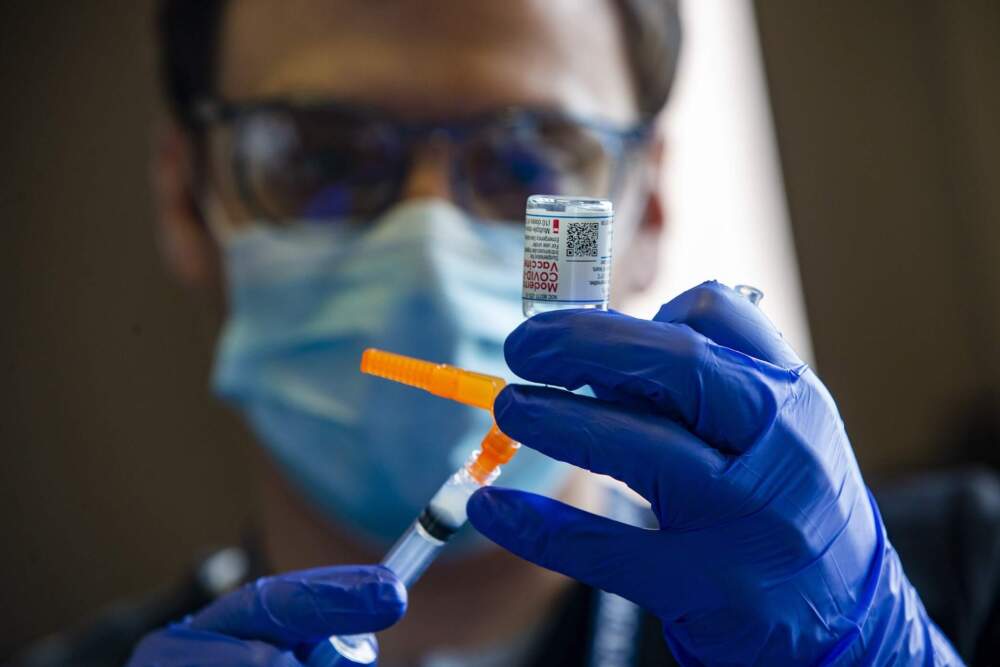
Boston's life expectancy gap
Here are a couple numbers to help us think about health inequities: two and 23. In Boston, there’s a 23-year difference in life expectancy between Back Bay and Roxbury, neighborhoods that sit just two miles apart. My colleague Martha Bebinger reported this disparity stems from several interconnected problems, including racism, chronic stress and substandard housing conditions. It was one of WBUR's most-read online stories of the year.
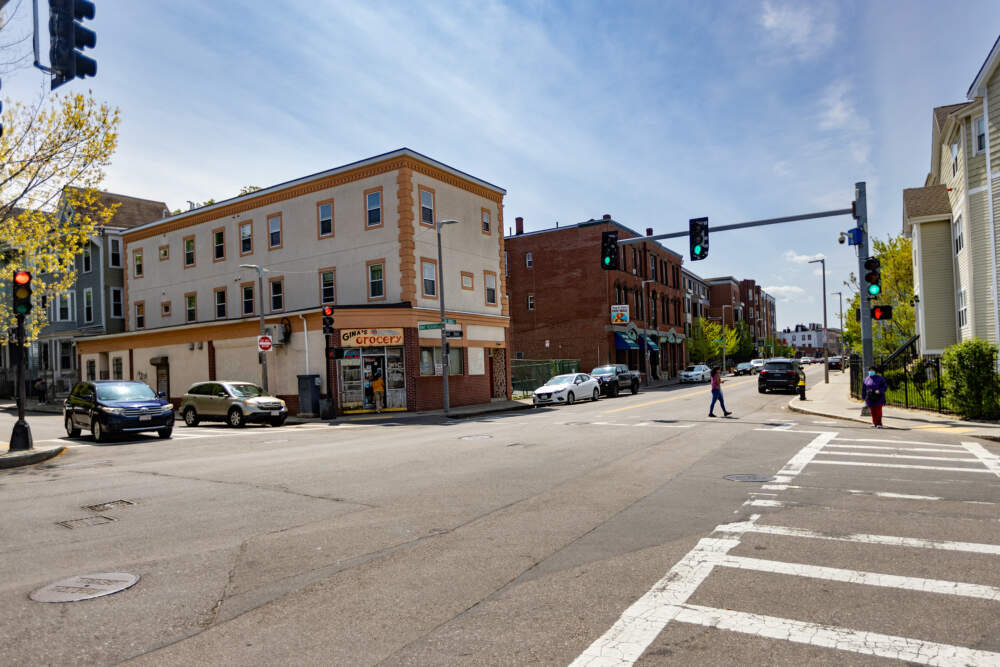
Crime scene at the Harvard morgue
This has to be the creepiest health-related story of the year, and devastating for the families affected. A manager of Harvard Medical School’s morgue was accused of stealing and selling body parts that had been donated for medical research, as my colleague Ally Jarmanning reported. A review found there was little oversight of the morgue's day-to-day workings.
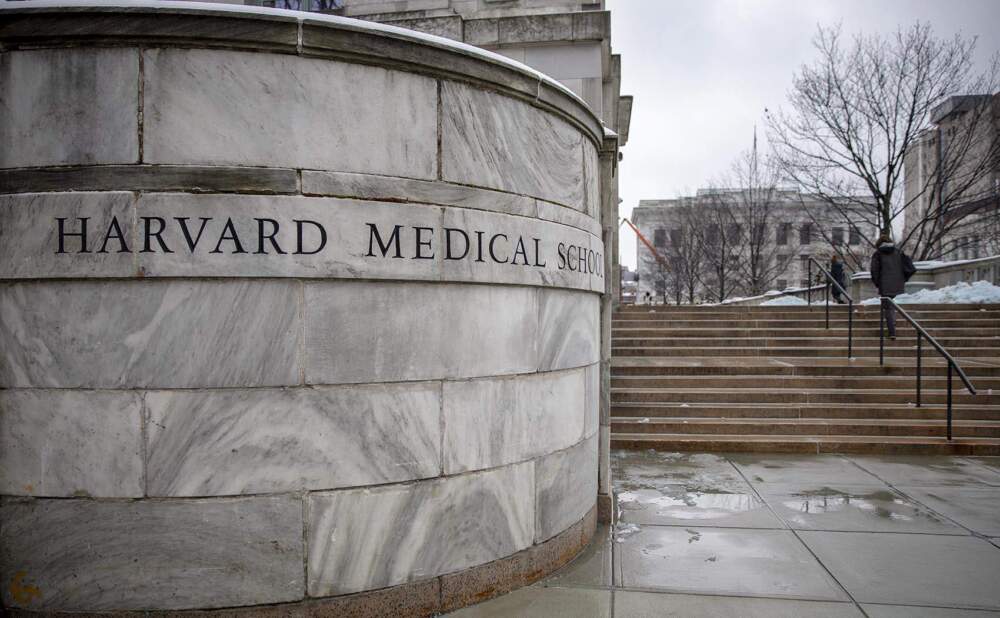
An influx of migrants land at Logan Airport
Thousands of migrants have entered the state's family shelter system, according to official estimates. The situation became so dire over the summer that workers at Logan Airport started setting up cots for the new arrivals. For the first time in the family shelter program's history, there is a waitlist. More than 300 families are on it, and many of them have medical needs.
